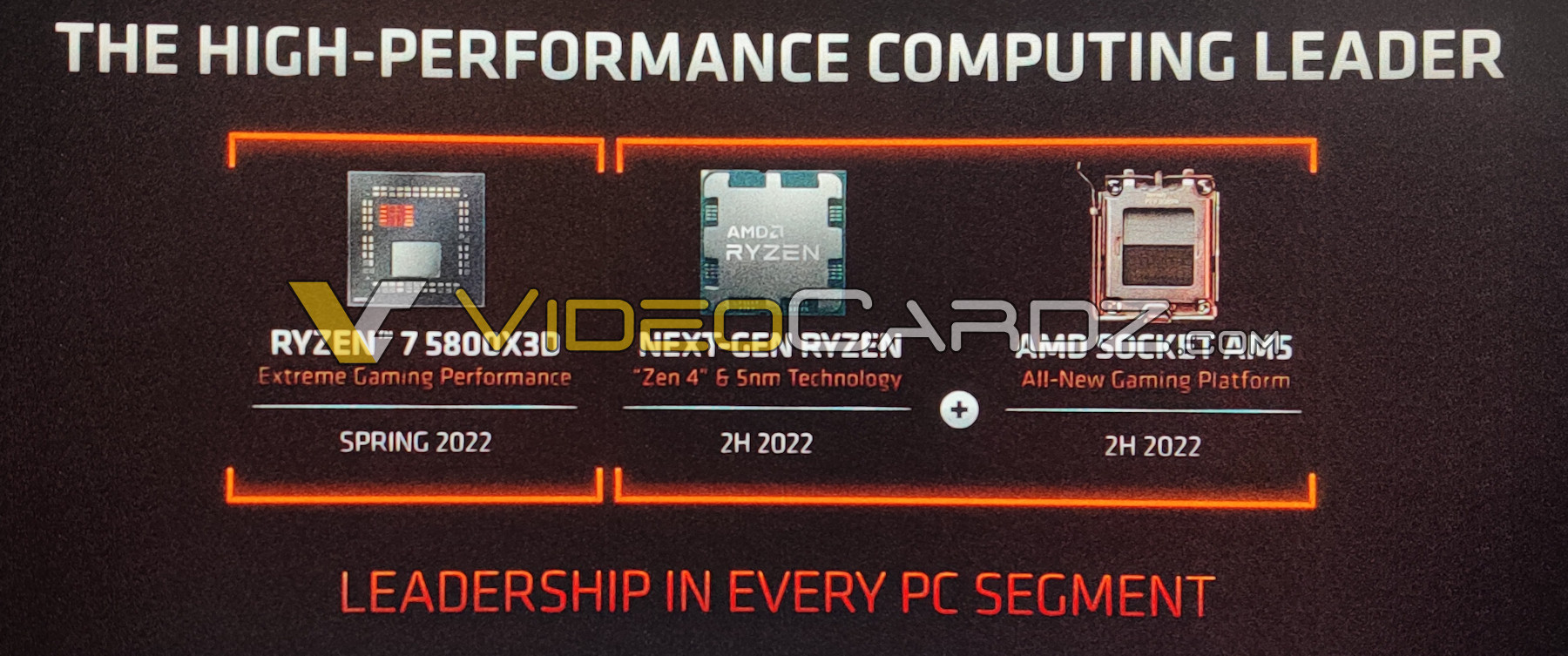Yes, no reason to think they won't. They won't be 4ghz chips (limiting to 4ghz is just useful to compare products of different clock speeds, plus they don't have to commit themselves to higher clocks in advance). I think they will probably have similar clock speeds to the Ryzen 5000 series. AMD don't need a lot of cores to compete with Alder Lake in tasks like games.
8 is all Alder Lake needs, the E-Cores make only a small performance difference. The prototype Zen3D chip had 12 cores. Performance shown here:
https://cdn.mos.cms.futurecdn.net/od7uMMTWeNWpUxNzikPa5Y-970-80.png
So, I'd expect a 10-15% performance boost in in Directx12/Vulkan games, maybe less in the majority of DX11 games (maybe just 5% in some).
It's a useful upgrade for people with B550/B570 AM4 boards, lots of people don't seem willing to upgrade their whole system to DDR5/Alder Lake. Don't know about support for older AM4 chipsets though.
I think one factor maybe some have missed with Zen3D is the difficulty of adding compatibility to older boards, it's presumably difficult to update the firmware of tons of older AM4 chipsets to add support for Zen3D. If they don't get this right, the launch could be seen as a failure, so I think that's why it didn't release in 2021. It wouldn't surprise me if they have to remove support of some older (less common) CPU models.
Didn’t AMD show some games gaining 26% with the prototype chip at 4ghz?
Im talking Zen 3D. Do you mean 15% from the 6nm Zen+ APU?


